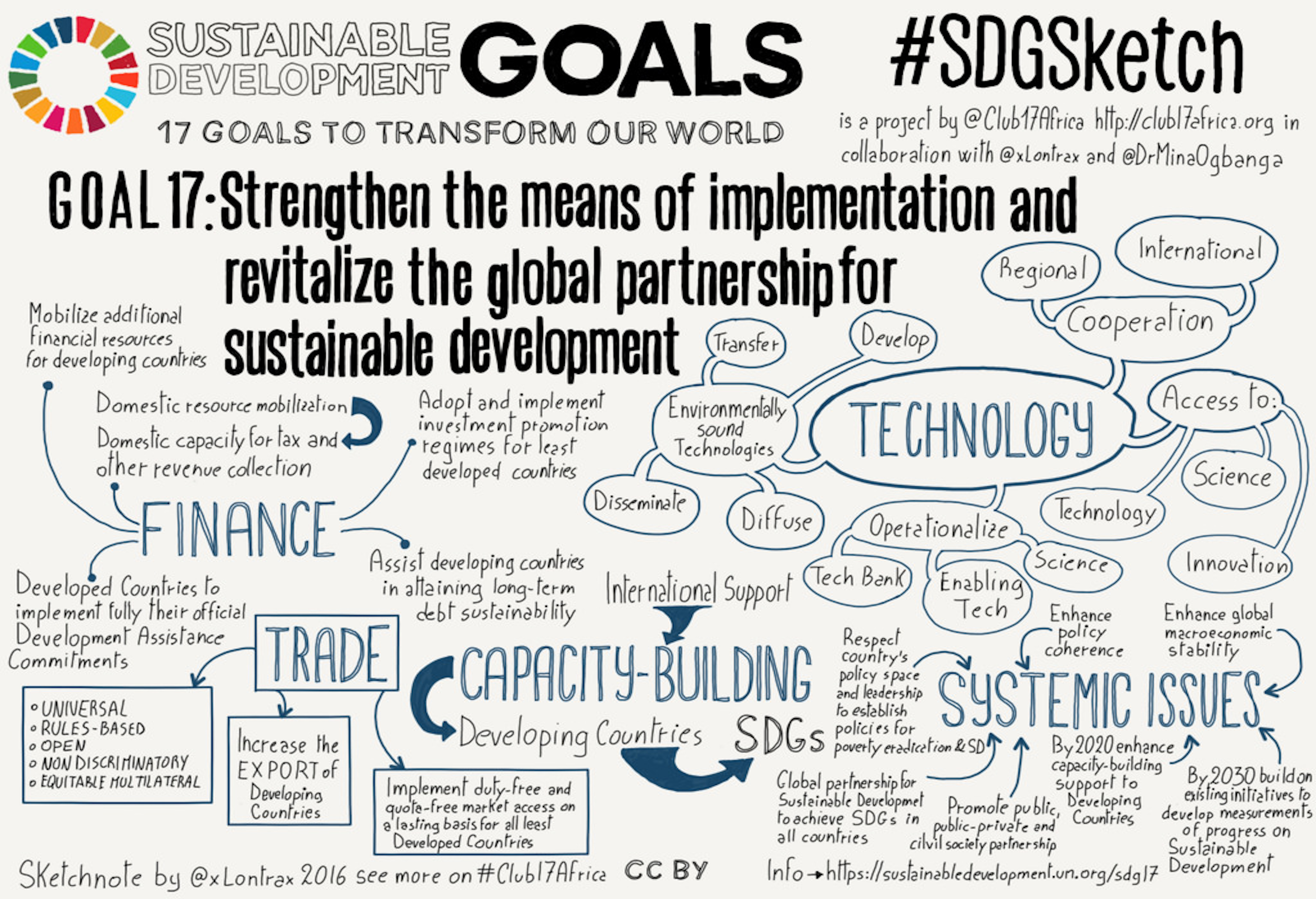Many of the aspirations contained within the UN's Sustainable Development Goals are to be supported, despite their reliance on too much economic growth. But on the question of how to create a new socially just, redistributive and regulatory global economic and social policy, Agenda 2030 falls down, explains Bob Deacon.
The shortcomings of global social policy and global social governance
Global social policy consists of two distinct elements, as set out in Global Social Policy and Governance. One is the advice and guidance promulgated by international organizations (IOs) for national social policy. The other is made up of those mechanisms, institutions and processes that operate across borders to modify the often unsocial outcomes of global economic processes. These mechanisms and processes are concerned with global redistribution, global regulation and global (social) rights.
The institutions of global social governance operate with varying degrees of in-effectiveness in delivering global social policy understood in these two ways. Critical assessments of the institutions of global social governance have emphasized the lack of global policy coherence between agencies and the weakness of international institutional mechanisms. What contribution have the SDGs and Agenda 2030, in terms of both process and outcome, made to global social policy and global social governance?
The SDGs increased global policy synergy in terms of process and goals
As a global policy-making process leading up to the agreement on the Sustainable Development Goals, there was much to commend it. A large number of global stakeholders engaged in an open and transparent process within which the voice of civil society, albeit a Southern-driven one, was heard.
As a set of global social policy aspirations, the SDGs can be regarded as a coherent global social policy. Many of the aspirations are to be supported, although they depend too much on economic growth to achieve them. In terms of both reduced contestation between organizations in favour of global social (and environmental) policy synergy, and in terms of the advice promulgated by IOs to governments in the field of social and environmental policy, the SDGs have ushered in, at least on paper, a fair amount of global policy synergy.
The SDGs failed to address, let alone strengthen, global social governance
However, where the SDGs fall down is in terms of the contribution they make to improved global social governance to ensure this new policy synergy is realized in practice. They fail to do this in the field of global redistribution (to support poor countries) and global taxation (to pay for new technologies for example), in the field of global regulation in finance and trade, and in the field of resources needed to realize sustainable, global, eco-social rights. Moreover, Agenda 2030 embodies a worrying reversal in global policy making and institution building, away from a concern to construct improved global governance institutions and back to an era of strengthened national sovereignty.
Goal 17, concerned with systematic issues, is the crucial one here. Its section on Policy and Institutional Coherence aims to “enhance global macroeconomic stability including through policy coordination and policy coherence” (Target 17.1) and to “enhance policy coherence for sustainable development” (Target 17.4). However, by what means the required macroeconomic stability is to be achieved, whether through more austerity-driven economics or through Keynesian-driven investments is not discussed. As for policy coherence, there is no mention of any reforms in global social governance coordination to ensure policies will cohere. The Review of Targets for the Sustainable Development Goals: The Science Perspective, by the International Councils for Science and Social Science, simply says of both Targets 17.13 and 17.14 “This is a potentially important target but without more detail is unlikely to happen”.
The issue that should be addressed in Goal 17 is the comparatively stronger influence of global financial institutions and lesser influence of social ones, and therefore how global social institutions might be strengthened over the financial ones, as is also emphasized in the UNRISD Flagship Report. A related point is the un-coordinated co-existence of multiple clubs of global governance sitting alongside the United Nations and its Economic and Social Council (ECOSOC), such as the G20, the G8(7) and the BRICS; and how more effective coordination, especially between the G20 and ECOSOC, might be forged. On all of these pressing issues of global social governance, Agenda 2030 has nothing to say.
Perhaps an explanation for this is to be found in Target 17.15 which says, “Respect each country’s policy space and leadership to establish and implement policies for poverty eradication and sustainable development”. Getting out from under a neo-liberal globalization perceived as being Northern-driven is still the priority of many governments and social movements in the Global South. Coming together with progressive forces and countries in the Global North to fashion a new socially just, redistributive and regulatory global economic and social policy with stronger institutions of global social governance is an alternative strategy that promises to be more effective in achieving transformative change than nations aiming to do it alone.
Bob Deacon is Honorary Professor of Global Social Policy at the University of York, and Emeritus Professor of International Social Policy at the University of Sheffield, UK. This post is based on his 2016 journal article ‘Assessing the SDGs from the standpoint of global social governance’, Journal of International and Comparative Social Policy, Vol 32. No. 2 PP 116-130.
This blog is published as part of The Transformation Conversation: Blogs on the UNRISD Flagship Report 2016 and Agenda 2030.
View the report: Policy Innovations for Transformative Change: UNRISD Flagship Report 2016
Original source: UNRISD
Photo credit: Mauro Toselli, Sketchnoter

